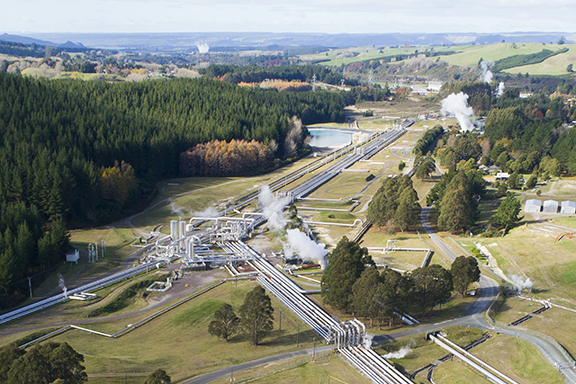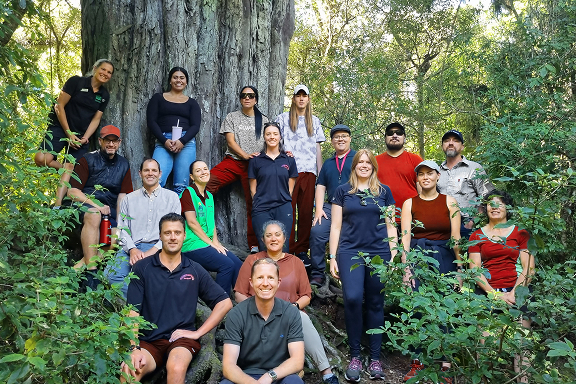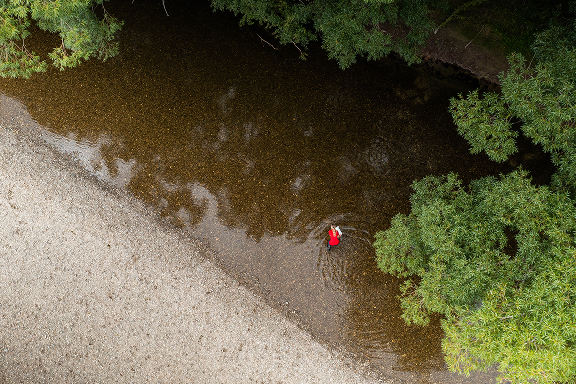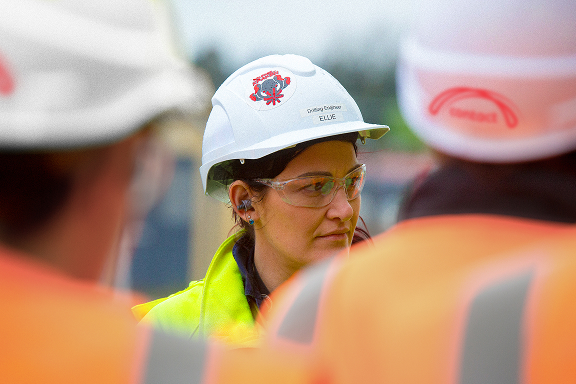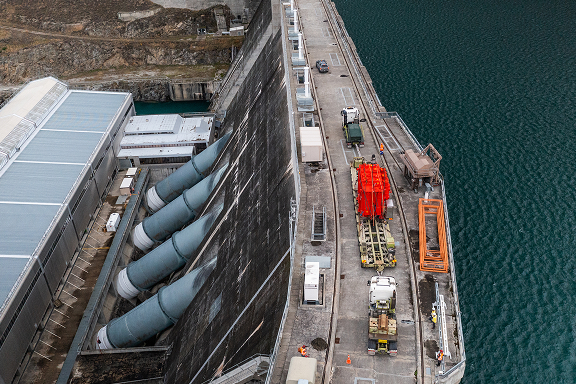We have more than 63,000 shareholders and 1,000 bondholders around the world including many Kiwi families, investment firms, professional investors and superannuation funds. Each of them rely on us to deliver sustainable financial returns now and into the future.
Increasingly investors are focusing on climate change and its potential impact on the environment, people and business. In recognition of this and our commitment to sustainability, Contact has undertaken market leading sustainable finance initiatives. In 2017 Contact was the first company in New Zealand to establish a Green Borrowing Programme, in 2019 we set up a sustainability linked loan and in 2020 we became the first company in the Asia-Pacific region to list our bonds on Nasdaq’s Sustainable Bond Network.

